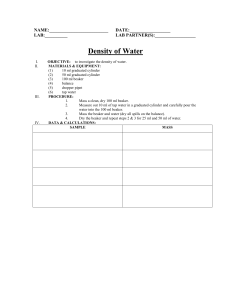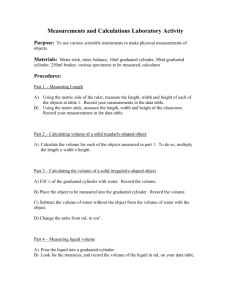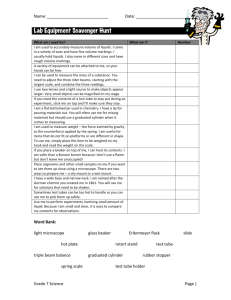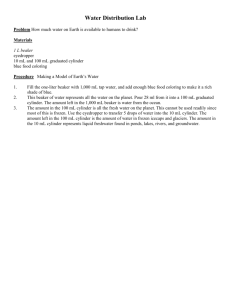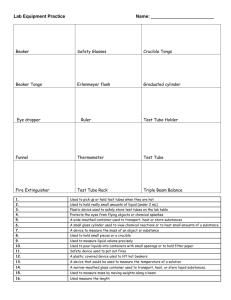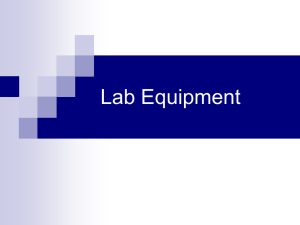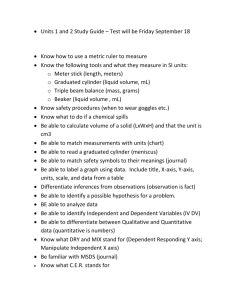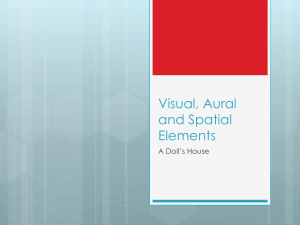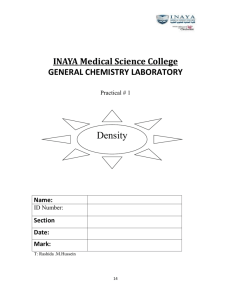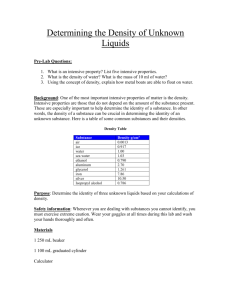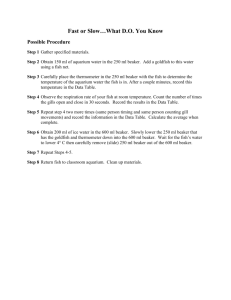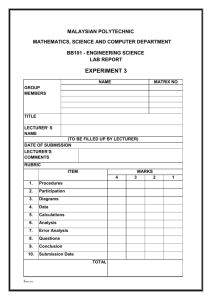Piagets Cog Dev.031615
advertisement
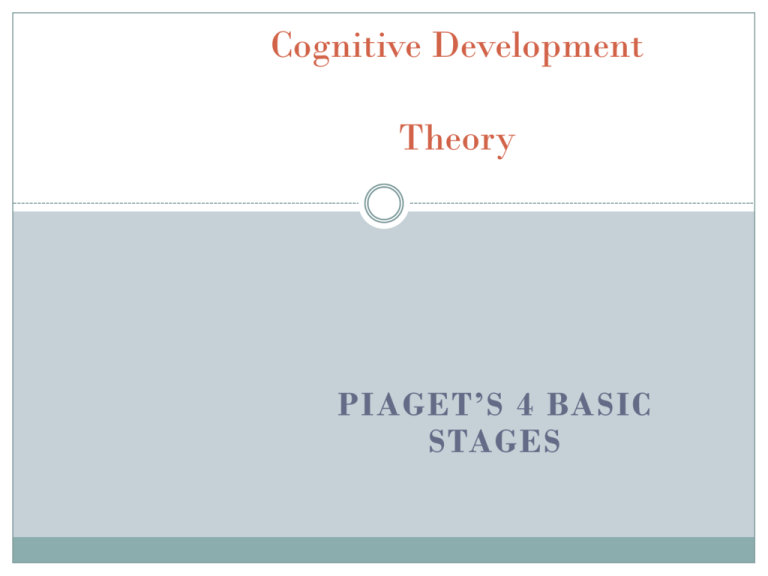
Cognitive Development Theory PIAGET’S 4 BASIC STAGES I. Sensory-Motor Period Birth to 2-years Infants interact with the world using Reflexes, then simple Voluntary Behaviors – Reaching & Touching – All the while forming schemata (think index cards in your brain) on how the world works. Think about Infants – how do they ‘explore’ their world? How did you explore when you were under the age of 2? I. Sensory-Motor continued… Object Permanence Out of sight, but not out of mind Representational Thought Ability to picture something in the child’s own mind Imagine “a binky // dog // car” Mental schemas Blanket & Ball Study – 1963 – He hid a toy under a blanket while the child was watching & then waited until the child searched for the toy – Children achieve this phase at 8-months. Understand by thinking (book learning), as opposed to doing (show me how to do it) Egocentrism Assume that others see the same viewpoint of what they see. • Three Mountains – 1956 – Child sits at a table with three mountains. They are all different, with snow on top of one, a hut on another and a red cross on the third. They are allowed to move around and view the models. A doll was also placed on the table. Then the child was shown pictures of the mountains from the doll’s viewpoint – If the child picked the picture that indicated the doll’s view – then they were not Egocentric – Occurs at the age of 7. II. Pre-Operational Period 2-7 years Thinking is more symbolic & language-based Child’s understanding is limited Egocentrism comes to the end Conservation Experiment: Children Take think only in 1-dimension a look at the Graduated Cylinder; then the Beaker It has a Height, a Width and a Depth, but children tend to focus only on 1 aspect, usually the ‘biggest’. The beaker also has these dimensions, though they are different. Lack of Reversibility: In the experiment they will watch you pour the water from the cylinder to the beaker and be awed BUT Children who a moment ago watched the experiment, don’t believe that you can reverse it and pour the water from the beaker back into the cylinder. Experiments: Liquid Experiment Clay Experiment Stick Experiment 1-Dimensional Thinking: III. Concrete-Operational Period Ages 7 through 11-years They can apply logic to physical objects Children can think about things that are Real and Observable, or mentally imaginable “Alien” Cannot deal with abstractions, they lack the use of systematic deduction and an organized plan of attack. They figure things out by Trial and Error Think about a Maze Mouse Gets the Cheese: IV. Formal Operational Period 11 years old and up Truly abstract thinking – Begin to manipulate ideas in their head – Mathematical calculations, think creatively, imagine outcomes Pendulum What Frequency does it depend upon? Height? Weight? Length? NOT ALL CHILDREN GET TO THIS STAGE
